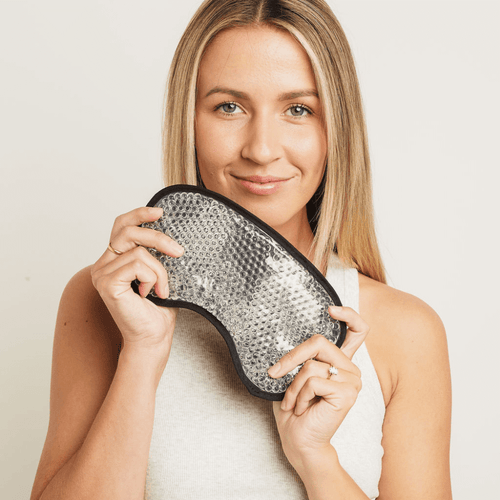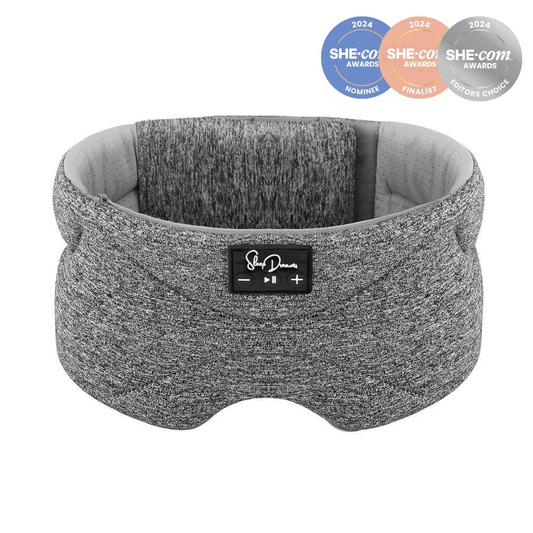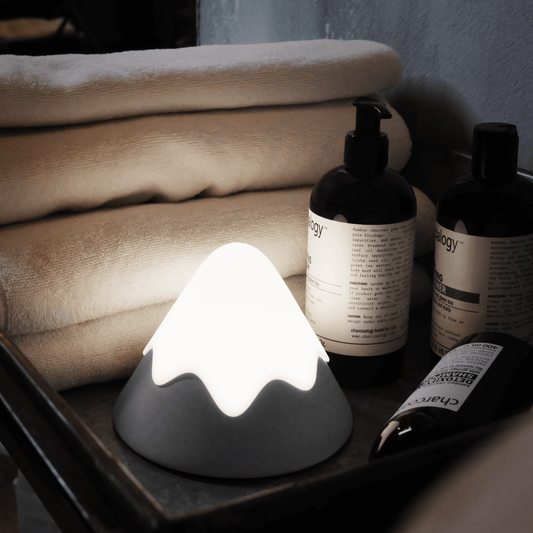Restless legs syndrome (RLS) is a neurological disorder that causes an irresistible urge to move the legs, often accompanied by uncomfortable sensations such as tingling, crawling, or pulling. It can make it difficult to fall asleep or stay asleep, leading to sleep deprivation and daytime fatigue. While the cause of RLS is not fully understood, it is thought to be related to imbalances in brain chemicals that affect movement, as well as genetic and environmental factors.

One question that often arises for people with RLS is whether wearing socks to bed can help with the condition. Some people believe that keeping the feet warm may help to reduce the symptoms of RLS, but is there any scientific evidence to support this claim?
There have been a few studies that have explored the relationship between body temperature and RLS. One small study published in the Journal of Sleep Research found that people with RLS had lower skin temperature on their legs compared to people without RLS. Another study published in the journal Sleep Medicine found that people with RLS had lower core body temperature and a higher rate of heat loss from the feet compared to people without RLS.
These findings suggest that keeping the feet warm may help to improve sleep in people with RLS. Wearing socks to bed may help to increase the temperature of the feet and potentially reduce the symptoms of RLS. However, more research is needed to confirm this.
In addition to trying to keep the feet warm, there are several other strategies that may help to manage the symptoms of RLS. These include:
-
Exercise: Regular physical activity has been shown to improve sleep quality and reduce the severity of RLS symptoms.
-
Massage: Before bed massage your legs which will help to relax the muscles. Best to do this after a warm bath.
-
Relaxation techniques: Techniques such as meditation and deep breathing may help to reduce stress and improve sleep quality.
-
Medications: There are several medications that can be used to manage the symptoms of RLS. These include dopamine agonists, benzodiazepines, and anticonvulsants.
-
Magnesium: Applying magnesium to your legs via a magnesium spray or taking an oral spray which is specifically designed to help with RLS is said to help.
-
Iron supplements: Low levels of iron in the body have been linked to RLS. If you have low iron levels, your doctor may recommend taking iron supplements.
In conclusion, while wearing socks to bed may help to improve sleep in people with RLS by keeping the feet warm, it is just one potential strategy that may be helpful. Other strategies, such as exercise, relaxation techniques, massage and iron supplements may also be effective in managing the symptoms of RLS. As always, it is important to speak with a healthcare professional to determine the best course of treatment for your individual needs.




















